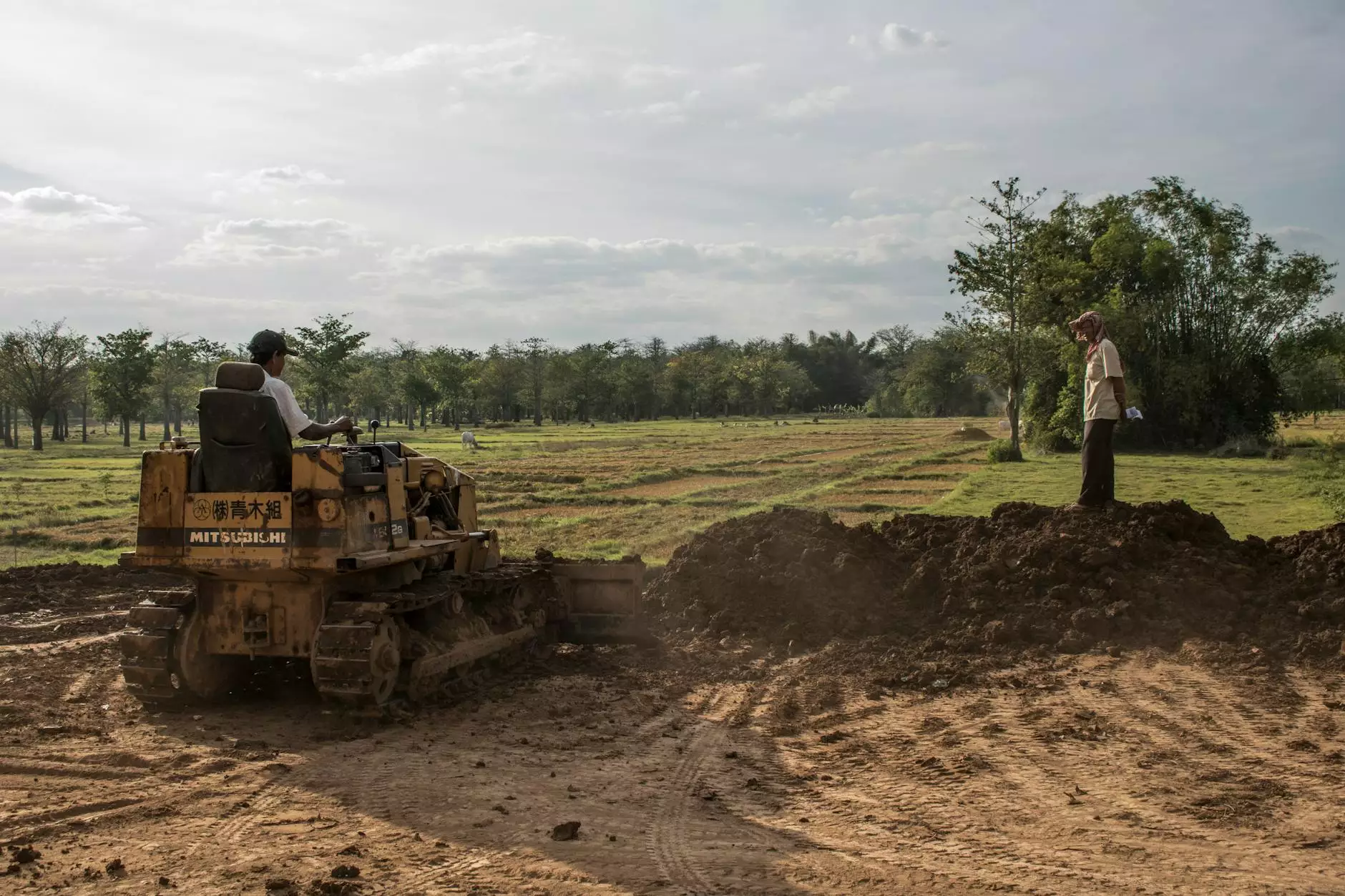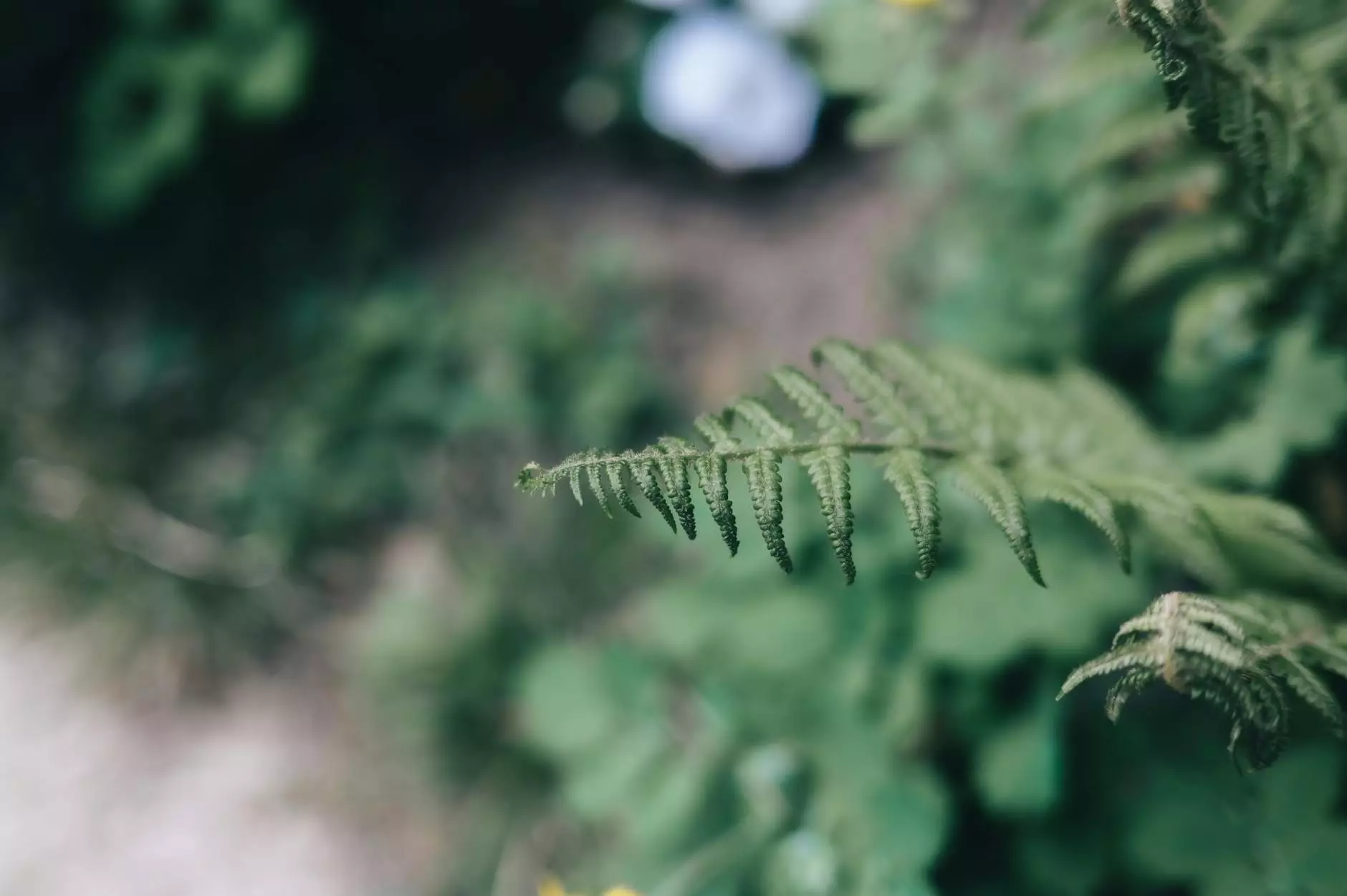Importing Sugar from Brazil: A Comprehensive Guide for Businesses

As the demand for high-quality sugar continues to rise globally, businesses are increasingly looking towards Brazil as a premier source. Importing sugar from Brazil is not just a viable option; it is an opportunity to enhance your product offerings while capitalizing on the robust supply chains that the Brazilian sugar industry offers. This article delves into the numerous benefits, processes, and considerations for successfully importing sugar from Brazil.
The Brazilian Sugar Industry: An Overview
Brazil is one of the largest producers and exporters of sugar in the world. The country's favorable climate, extensive farmland, and advanced agricultural practices contribute significantly to its ability to produce high quantities of sugarcane. Brazil's sugar industry is not only focused on sugar production but also on ethanol, making it a leader in biofuel production as well. This dual production system helps stabilize sugar prices and ensures reliability in supply.
Key Facts About Brazilian Sugar Production
- Production Volume: Brazil produces over 38 million tons of sugar annually.
- Export Leader: The country accounts for approximately 50% of the world’s sugar exports.
- Sustainable Practices: Many Brazilian sugar plantations are certified for sustainability, appealing to eco-conscious businesses.
- Innovative Technology: The use of advanced technology and research in agriculture enhances crop yield and quality.
Benefits of Importing Sugar from Brazil
Importing sugar from Brazil comes with a set of compelling advantages that can elevate your business's operational efficiency and profitability.
1. High Quality and Varietal Options
Brazil offers a wide range of sugar types, including granulated sugar, brown sugar, and organic sugar. This variety allows businesses to choose products that best fit their needs, whether in food production or as a raw material for other industries.
2. Competitive Pricing
Due to Brazil's vast production capabilities and efficient supply chains, the prices for sugar are often more competitive than other regions. This aspect is crucial for businesses looking to maintain healthy margins while ensuring high-quality inputs.
3. Established Export Infrastructure
Brazil has a well-developed logistics network, comprising ports, railways, and highways that facilitate smooth and cost-effective transportation of sugar to various markets worldwide.
4. Flexible Trade Policies
With multiple trade agreements in place, Brazil offers favorable terms for importing sugar, allowing businesses to take advantage of reduced tariffs and quotas.
Steps for Importing Sugar from Brazil
Understanding the process of importing sugar from Brazil is crucial for ensuring compliance and efficiency. Here are the essential steps to follow:
Step 1: Identify Reliable Suppliers
Partnering with reputable suppliers is key to a successful import venture. Look for suppliers with experience in exporting sugar, strong production capabilities, and good track records. Resources such as the Brazil Sugar Top Suppliers network (brazilsugartopsuppliers.com) can be invaluable in identifying these partners.
Step 2: Understand Quality Standards
Ensure that the sugar meets your local quality regulations and standards. Request samples to conduct quality checks before placing larger orders. Understanding the specifications such as ICUMSA ratings (International Commission for Uniform Methods of Sugar Analysis) is critical.
Step 3: Negotiate Terms and Contracts
After selecting your supplier, negotiate the terms of the purchase, including price, payment methods, shipping options, and delivery timelines. Creating a comprehensive contract will help protect both parties and streamline the transaction.
Step 4: Arrange Shipping and Logistics
Choosing the right shipping method is crucial. Depending on your location, you may opt for container shipping, which is cost-effective for large volumes. Collaborate with logistics experts who can navigate customs and ensure timely delivery.
Step 5: Customs Clearance
Once the sugar arrives, ensure that you have the necessary documentation for customs clearance. This typically includes bills of lading, commercial invoices, and certificates of origin. Engaging a customs broker can facilitate this process.
Potential Challenges in Importing Sugar from Brazil
While the process of importing sugar from Brazil offers numerous benefits, there are also challenges to consider:
1. Fluctuating Prices
Global sugar prices can be volatile due to various factors such as climate conditions, market demand, and currency fluctuations. Businesses should consider strategies such as forward contracts to hedge against price increases.
2. Regulatory Compliance
Different countries have different import regulations. Keeping abreast of these rules and ensuring compliance can require significant effort, especially concerning food safety standards.
3. Cultural and Language Barriers
Negotiating contracts and communication with suppliers may be hindered by cultural differences and language barriers. Employing bilingual staff or hiring translation services may help bridge this gap.
Strategies for Successful Importing
To mitigate challenges and ensure a successful importing process, consider the following strategies:
1. Build Strong Relationships with Suppliers
Invest time in establishing solid relationships with your suppliers. Regular communication and visits can enhance trust and ensure that you receive the best quality products and services.
2. Stay Informed on Market Trends
Keep up-to-date with global market trends, prices, and technological advancements in sugar production. This knowledge will equip you to make better purchasing decisions.
3. Develop a Contingency Plan
Having a plan in place for unforeseen issues such as shipping delays, quality discrepancies, or regulatory changes can save time and resources during the importing process.
Conclusion
Importing sugar from Brazil presents an exciting opportunity for businesses looking to enhance their offerings with high-quality products. By understanding the industry, navigating the importing process effectively, and establishing strong supplier relationships, businesses can successfully integrate Brazilian sugar into their operations.
CTA: Start Your Import Journey Today
If you are ready to explore the vast opportunities of importing sugar from Brazil, visit brazilsugartopsuppliers.com to connect with premier sugar suppliers and take the first step towards boosting your business’s success.









